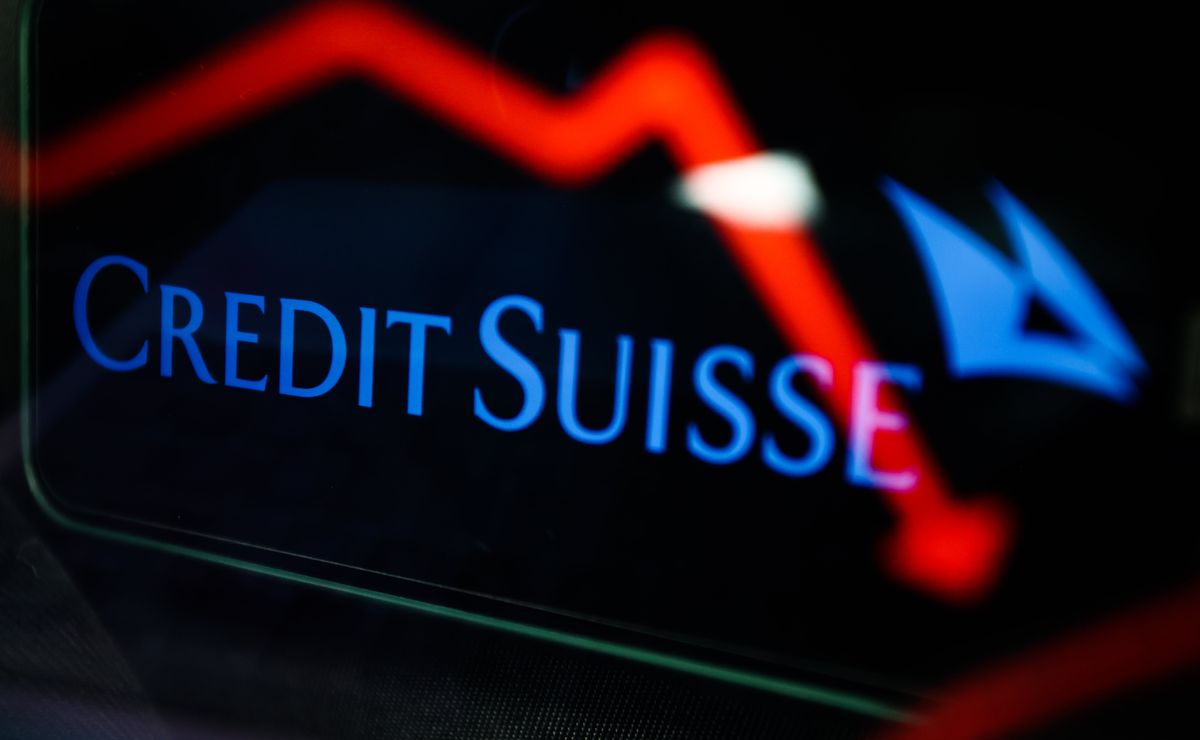It's been hell week for banks on either side of the Atlantic. Days after the collapse of Silicon Valley Bank and Signature Bank sent shockwaves through the US financial system, now Credit Suisse, a major European bank, is in serious trouble.
Credit Suisse lost roughly 30% of its value Wednesday after disclosing major internal problems, which prompted its largest shareholder, Saudi National Bank, to refuse to give the bank more cash. But then its shares rebounded sharply Thursday thanks to a $54 billion lifeline from the Swiss central bank.
What does this tell us about the state of the global financial system? First, that the US jitters over SVB/SB are reverberating around the world, which means that any bad news about banks is going to get a lot more eyeballs than before. And while Credit Suisse does not yet pose a systemic risk, it might leave big holes in the balance sheets of other European banks if it goes under.
"European central bankers are probably thinking: This can't happen here," says Eurasia Group expert Jens Larsen. "But what's happening in the US will make them think twice."
Second, while big banks are more tightly regulated since 2008, they are not immune to the blowback from high-interest rates. The same way that SVB/SB lost a lot of money when the Fed raised rates to curb inflation, European banks are in a similar spot because the European Central Bank is following the Fed's lead.
Yet, unlike the Fed, Larsen says that whatever happens, the ECB will almost certainly push ahead with another hike on Thursday because "financial stability won't drive ECB monetary policy decision-making.”
Still, if the (in)stability continues, perhaps the ECB may need to rethink its approach and be as flexible as the current fluid situation demands.



















